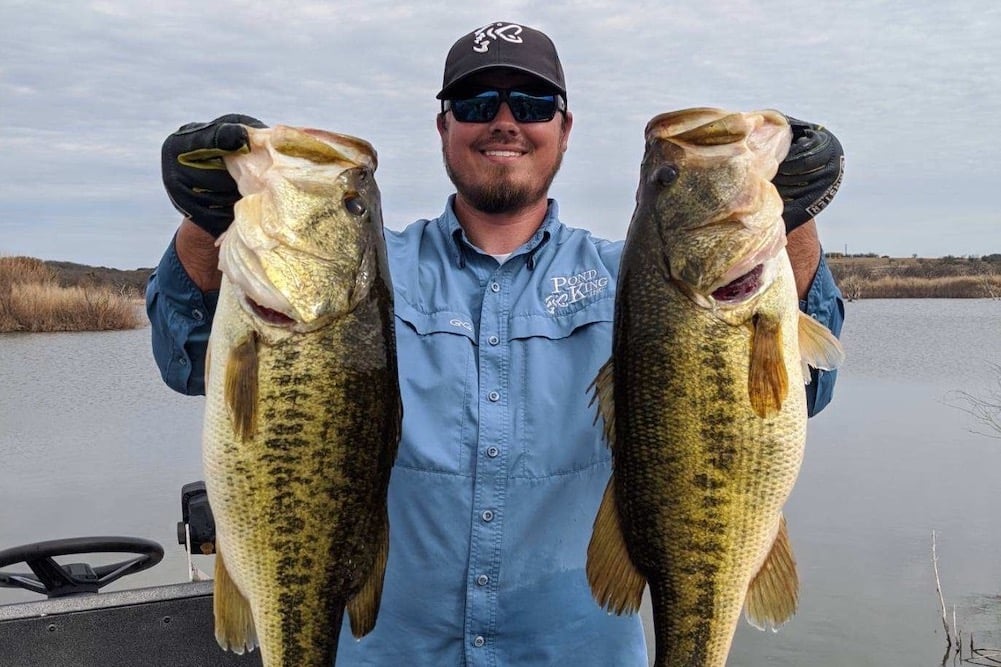When it comes to pond management for growing big bass, these three factors have the greatest impact on the condition of your bass population:
- Forage Supply
- Competition
- Habitat/Cover
The task of gathering all the necessary information to make informed decisions for bass fisheries management can seem pretty daunting. To help private pond owners facilitate the process of proper pond management, there are key topics below to successfully reach fishery goals and links where you can find even more information on pond management practices.
Now, getting into the management aspect, the first question you might want answered is, "Why do I need to manage my lake in the first place?"
Why Should I Manage My Lake or Pond?
How intensely you choose to manage your pond is dependent on the goals you had in mind when you built it.
Also, it is worth saying that not all ponds are created equal; some ponds require very little management while others require much more to achieve the same goals.
While most pond or lake management plans are specific to your goals, there is one thing every pond or lake will experience: Pond Succession. 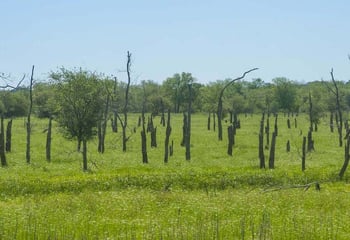
What is Pond Succession?
Managing pond succession is very important despite your goals because it extends the natural lifecycle of that body of water.
Once you build your pond or lake, it begins its aging process. This process starts with 5-8 years of high productivity as many nutrients are readily available.
As time progresses, productivity slowly decreases, and the once-thriving lake or pond ultimately reverts to a bog due to sedimentation throughout the years.
The length of time over which this process takes place varies greatly depending on pond size, geographic location, and watershed. However, there are ways you can mitigate the aging process and prolong the life of your fishery.
Help Extend Your Ponds Life with Sediment Management
Management to reduce sedimentation rates and lake fertilization to increase productivity can be effective techniques to slow pond succession, extending the productivity of your favorite lake or pond.
Pond King recommends implementing these Managing Pond Succession techniques for your own fishery.
As mentioned, pond management is often dependent upon your goal for that body of water. For example, if you manage a swimming hole, you may not employ the same practices as you would if you manage a trophy-class bass fishery.
These ecosystems have different needs, and developing goal-specific management is crucial to ensure the management techniques you use will be the most beneficial for your lake or pond to meet your goals.
Here are reading recommendations specific to common lake/pond goals:
- Managing a Pond for Aesthetics or Swimming
- Management Techniques for Different Fishery Goals
- Pond Management for Livestock and Irrigation
By far, the most popular pond management goal we see is the desire to create a trophy bass fishery. To help you get started, let's take a look at some management tips to consider when managing for bass.
Top Pond Management Tips for Bass Fisheries
When it comes to managing successful and sustainable bass fisheries, each of the 3 pond management techniques, Forage Supply, Competition, and Habitat/Coverall will directly impact the bass population in your lake or pond.
1. Forage Supply
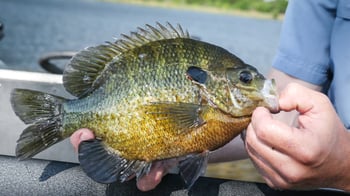
Maintaining sufficient forage is vital in promoting the improved condition and growth of all species. Increasing forage for bass can be done in various ways, including supplemental stockings of existing forage species, stocking alternative forage, and feeding the ecosystem from the bottom up through fertilization.
While all of these methods can effectively accomplish this goal, there is a time and place for each one.
Check out Increasing Forage Production for more in-depth information to help you determine which method or combination of methods is best for your situation. To ensure a sustainable broodstock, you'll also want to monitor the forage population in your fishery.
2. Competition
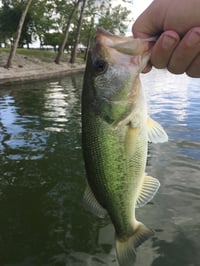
Intraspecific competition (within the same species) and interspecific competition (between different species) affect individual bass condition. Within an ecosystem, there is a maximum number of individuals (bass or predators in general) that ecosystem is capable of supporting. This maximum number of individuals is referred to as the carrying capacity.
When a population is at or above carrying capacity, population growth and individual growth significantly decrease. As the competition for available resources increases, individuals must expend more energy to obtain fewer resources. The increased competition results in a lower net energy gain and reduced growth rates for the individuals.
While natural mortality does help control population density, it is seldom enough to impact population size significantly. Instead, an annual selective or targeted harvest is often employed to ensure populations remain at sufficient densities to promote optimal growth.
To determine why and how to perform a selective harvest of your own, good pond owners learn the details of their lake and become familiar with proper harvest techniques and timing.
3. Habitat/Cover
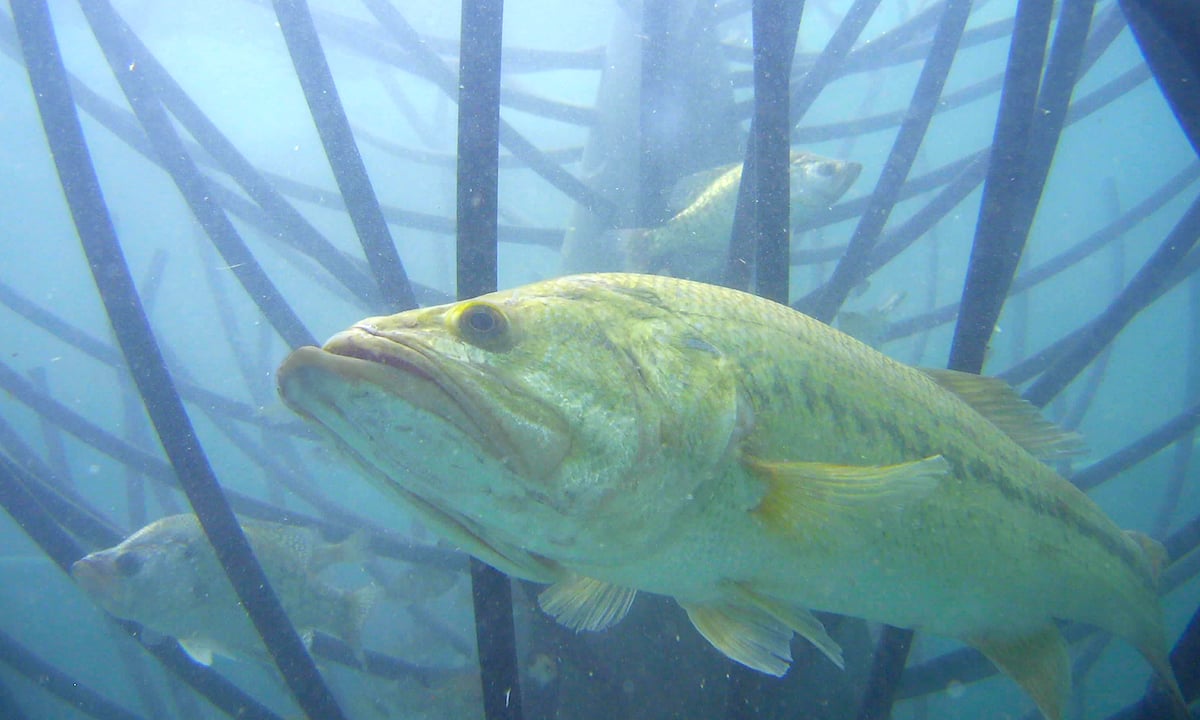
The density and diversity of available habitat significantly impact the ecological interactions and the predator-prey dynamics within a fishery. Cover that is too dense or not dense enough can both have adverse effects on bass condition.
Maintaining a balance of cover where a bass can effectively navigate its surroundings yet remain hidden from prey is essential to optimizing a bass' ambush feeding strategy. While available habitat plays a vital role in predator-prey dynamics, it is also critical for the recruitment and survivorship of juvenile fish of all species.
Developing sufficient recruitment and survivorship is essential to the sustainability of any species. It is even more critical for forage fish populations since recruitment rates must be greater than or equal to the predation rate to be sustainable.
Learn more about habitat enhancement and habitat needs of bass:
- Fish Habitat Basics
- How To Choose The Right Habitat For Your Bass Fishery
- Fish Attractors and Artificial Habitat
When beginning to manage your lake or pond for bass, it can feel a little overwhelming. However, using the information compiled by the biologists at Pond King, you will be able to make educated and informed management decisions for your lake confidently.
Trust Pond King for Managing Your Trophy Texas Bass Fishery
If you have any more questions, please contact us or call our fisheries biologists and we'll be more than happy to help you out with your bass management.
See y'all down at the pond!


